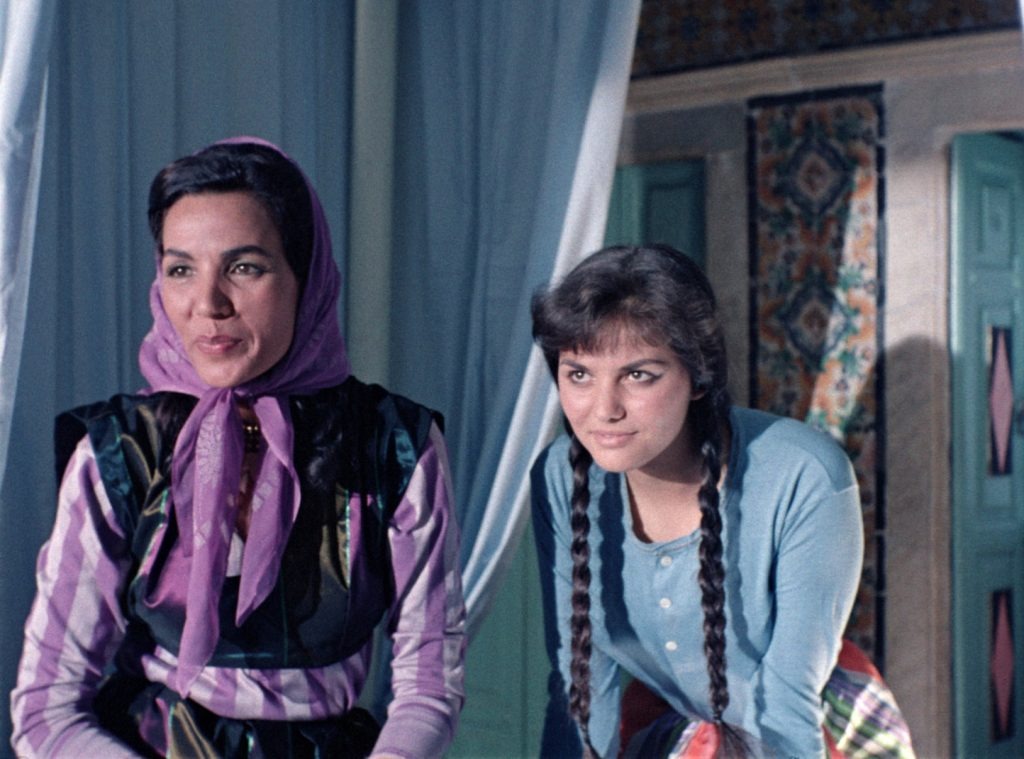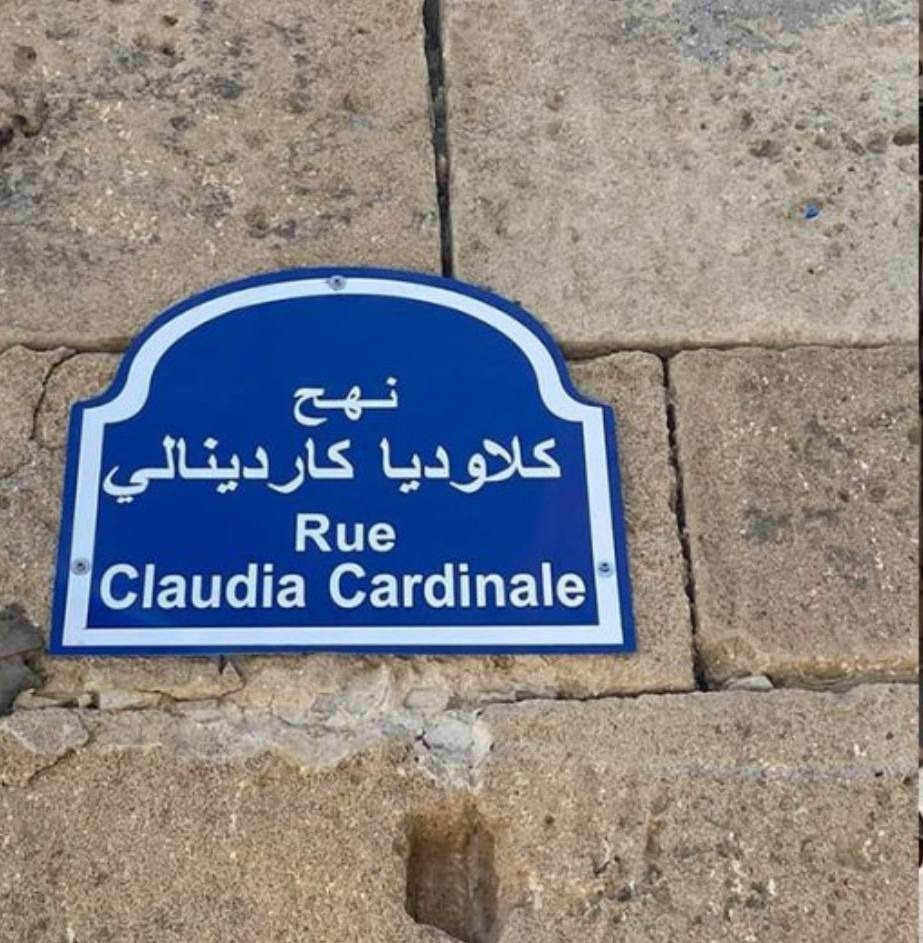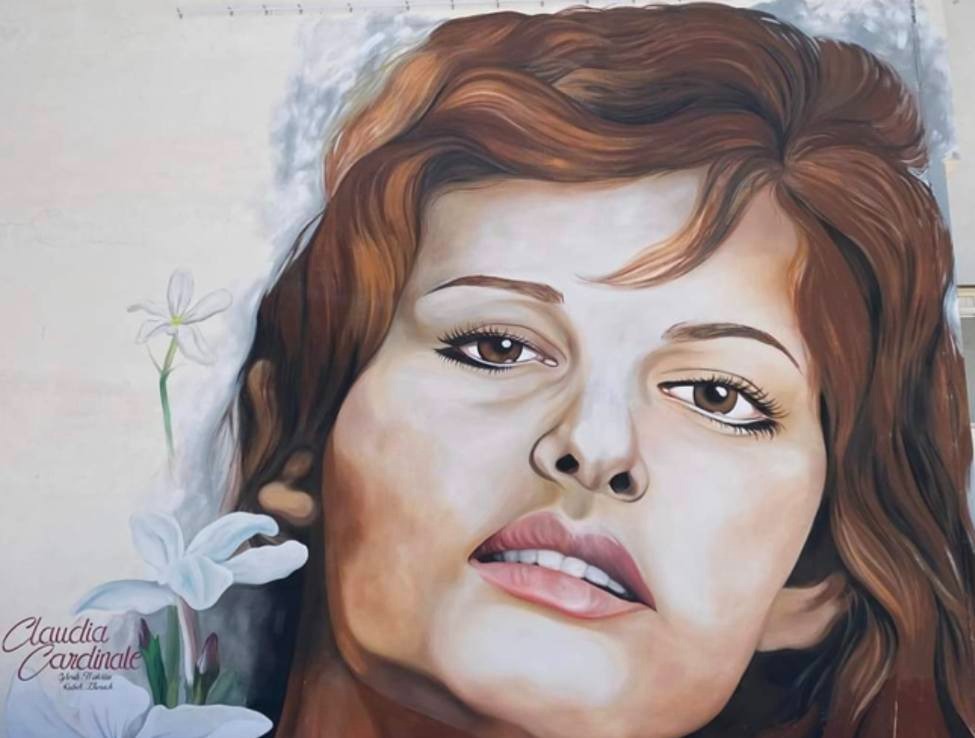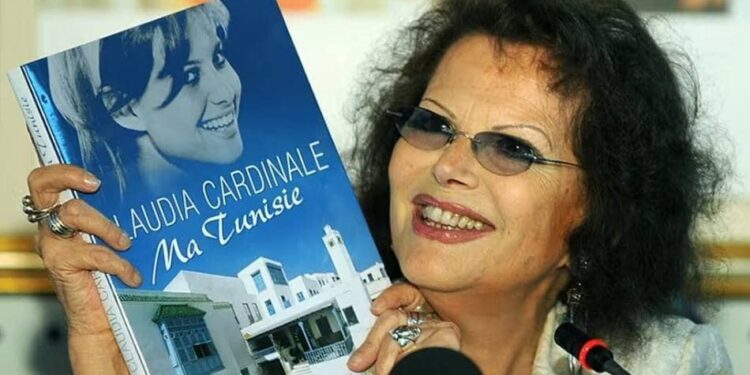Claudia Cardinale, born on April 15, 1938, in Tunis, has passed away at the age of 86, leaving behind a cinematic legacy that spans continents and decades. The daughter of Sicilian immigrants, she grew up in the vibrant, multicultural neighborhood of La Goulette, where Arab, Jewish, and European cultures intertwined. These early surroundings—the colorful streets, bustling markets, and the Mediterranean Sea—shaped the sensibilities of a young girl who would later captivate audiences around the world with her extraordinary presence on screen.
Her first taste of cinema came in 1956, when she appeared alongside her classmates in French director René Vautier’s short film Les Anneaux d’or, which explored Tunisia’s economic and social independence. The film, shot locally, was later presented at the 1958 Berlin International Film Festival, winning the Silver Bear. Her single close-up as a young Arab girl drew immediate attention, leading Jacques Baratier to cast her in Goha, a Franco-Tunisian production featuring a young Omar Sharif. Goha was screened in the official selection at the 1958 Cannes Film Festival, earning the “First Look – Un Certain Regard” award, and would bring her back to Cannes decades later in 2013, when the restored film was shown in the Cannes Classics section.

In 1957, a year after Tunisia gained independence, Claudia was crowned “the most beautiful Italian in Tunisia.” The title earned her a trip to the Venice Film Festival, where she discovered the vitality and excitement of the international film scene. It was there that she met Franco Cristaldi, her future mentor and husband, who quickly recognized her talent and helped her secure her first contracts in Italy. These early opportunities marked the beginning of a career that would take her from Rome to Paris, Los Angeles, and beyond.
By the 1960s and 1970s, Cardinale had become one of Europe’s most iconic actresses. She gained widespread acclaim for her role as Concetta in Luchino Visconti’s The Leopard (1963), capturing the elegance and complexity of Italian nobility in a time of change. Federico Fellini cast her in the surrealist masterpiece 8½ (1963), while Sergio Leone’s Once Upon a Time in the West (1968) immortalized her as Jill McBain, a role that combined vulnerability with formidable inner strength. Collaborations with Jean-Luc Godard in A Woman Is a Woman (1961) and Michelangelo Antonioni in Red Desert (1964) demonstrated her capacity for introspective and psychologically nuanced performances, and her work with Pier Paolo Pasolini in Teorema (1968) further cemented her status as a transformative presence in European cinema. Throughout this period, her elegance, intelligence, and screen charisma earned her numerous awards and established her as a major figure in global film.
After the 1970s, Cardinale continued to explore new roles and genres, working with both established and emerging directors in Italian, French, and American cinema. She portrayed independent, complex, and multi-layered female characters, including in Sergio Leone’s Once Upon a Time in America (1984), demonstrating her ongoing commitment to ambitious projects while maintaining the depth and subtlety that had always defined her work. Each performance revealed a different facet of her talent, from comedy to intense drama, always with her signature grace and presence.
Cardinale’s bond with Tunisia remained central to her life and career. She regularly returned to her childhood surroundings and appeared in key Tunisian films, including Ferid Boughdir’s Un été à La Goulette, which celebrated the multicultural spirit of her hometown, Mehdi Ben Attia’s Le Fil (2009), which tackled contemporary social and emotional tensions, and Ridha Béhi’s L’Île du pardon (2022). By a curious twist of fate, her first film shot in Tunisia, Les Anneaux d’or, and her last, L’Île du pardon, framed her career, reflecting her enduring connection to her homeland and to Tunisian cinema.
Her love for Tunisia also shines through her book Ma Tunisie, in which she recalls childhood memories in La Goulette and Tunis, walks along the beaches of Carthage, visits to the picturesque alleys of Sidi Bou Saïd, and bustling markets that fueled her imagination. In May 2022, the municipality of La Goulette honored her by naming a street after her, and a giant portrait adorns a wall in her hometown, celebrating both her career and her lifelong connection to Tunisia.


Beyond the screen, Cardinale was known for her social and humanitarian commitments. A passionate advocate for women’s rights and humanitarian causes, she used her international fame to support initiatives promoting solidarity, equality, and social justice. Her elegance, generosity, and charisma left an indelible mark on colleagues and audiences alike.
Claudia Cardinale leaves behind a remarkable and diverse body of work, a life journey that spanned continents, and an unwavering attachment to her Mediterranean roots. Her talent, humanity, and love for Tunisia remain etched in the collective memory, making her not only a cinema legend but also a true ambassador for her homeland. Every role, every film, every memory she shared reflected her passion for art and her connection to her origins, and it is this enduring harmony between her personal and artistic life that defines her exceptional legacy.
Neïla Driss








